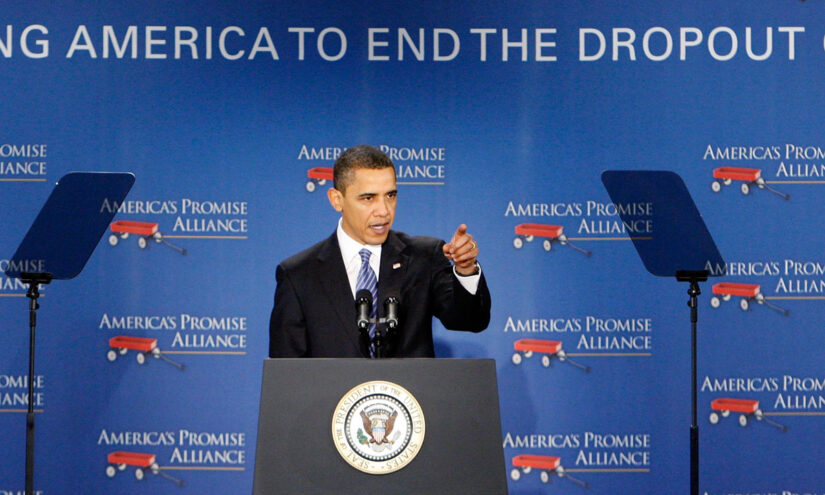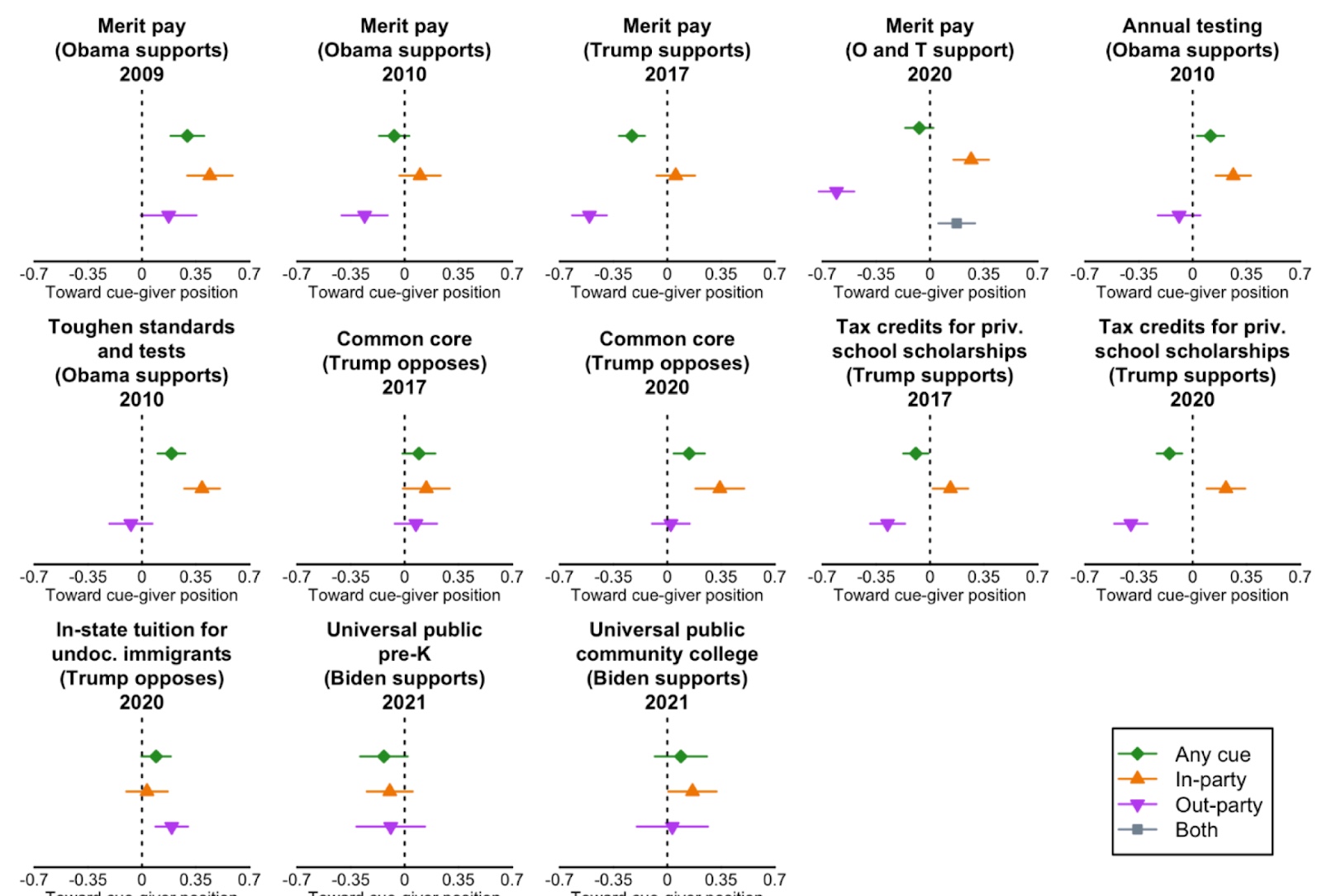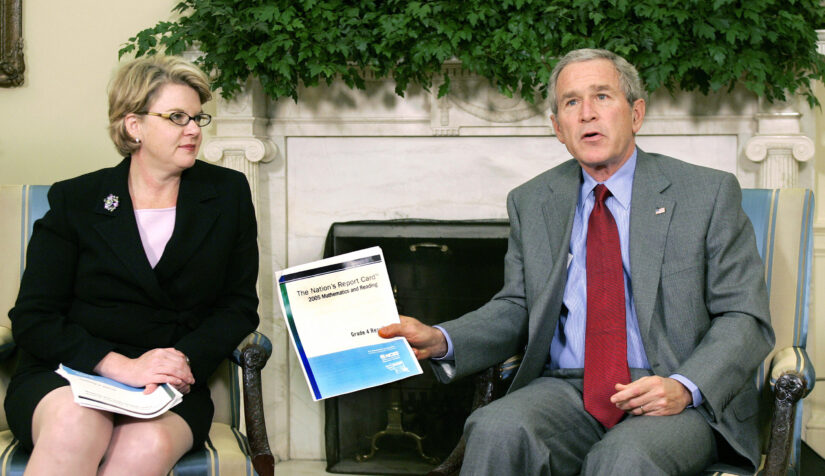During this summer, a team of students from MIT embarked on a journey to the sou …
Polling Data Shows Split Public Opinion on Schools Among Presidents
Emma Wordsmith

Presidential Candidates to Unveil Education Agendas Ahead of Election
As the presidential election draws closer, Joe Biden and Donald Trump are gearing up to reveal their platforms and mobilize voters around their visions for 2025 and beyond. While K–12 education usually takes a back seat in national discussions, the upcoming campaign season will shine a spotlight on where the candidates stand on key issues like school choice, standardized testing, and civil rights protections for students.
Research Warns Presidential Candidates on Education Policy Influence
New research indicates that presidential involvement in education policy debates can often polarize rather than unite the public. A recent paper released this spring highlights that presidents who take stances on education issues tend to divide the public, with bipartisan proposals garnering more support. This cautionary advice suggests that candidates need to tread carefully in an election year.
Presidential Impact on Education: Partisan Divide Deepens
“The difference in positive evaluations of teachers’ unions is of approximately the same magnitude as the partisan gap on legal abortion under any circumstances.”
David Houston, George Mason University
According to David Houston from George Mason University, the growing partisan gap on education issues mirrors broader cultural divides in America. The rift in views on education-related matters between Democrats and Republicans has intensified over the past decade, often mirroring the polarization seen on other contentious topics.
Challenges of National Leadership on Education in a Divided Climate
With political discord at historic levels, navigating federal leadership on K–12 education amidst the lack of bipartisan unity poses a significant challenge. The absence of consensus that previously fueled school reform initiatives raises doubts on the effectiveness of federal oversight. This situation may shift more decision-making power to state-level authorities like governors and legislators.
President’s Influence on Public Opinion: Insights from Research
An in-depth analysis by David Houston, based on public opinion data dating back to 2007, delves into the impact of high-profile leaders’ opinions on education topics. Recent polls reveal a stark partisan divide in responses to presidents’ endorsements of education policies, showcasing the tug-of-war between political affiliations in shaping public perceptions.
Examining Presidential Stances on Education Policies

Public reception to presidential cues on education varies based on party affiliations, with endorsements from leaders influencing attitudes toward policies. Partisan support for or against proposals largely depends on the party alignment of the president endorsing them, fostering a polarized landscape in education debates.
Seeking Common Ground on Education Policy
While the political divide on education issues has deepened in recent years, some experts see a glimmer of hope in potential bipartisan efforts at the state level. Collaborative initiatives to enhance educational practices, such as emphasizing early literacy and boosting teacher salaries, offer glimpses of shared objectives amid ideological differences.
State vs. Federal Education Leadership

As federal leadership on education remains uncertain, state-level actions offer a ray of optimism in steering education policies. Both partisan disputes and bipartisan collaborations shape the evolving landscape of education governance, raising questions on the role of federal leadership in influencing educational practices.
Push for Bipartisanship in Education Reform
“I wish someone would tell me what the Biden K–12 policy is. There is none. And the Trump administration was just about vouchers.”
– Margaret Spellings, Bipartisan Policy Center
Margaret Spellings, a prominent advocate for education reform, emphasizes the need for bipartisan cooperation in shaping education policies. Amidst the current political climate defined by ideological rifts, calls for a return to collaborative efforts echo the importance of shared objectives in fostering meaningful education reforms.


